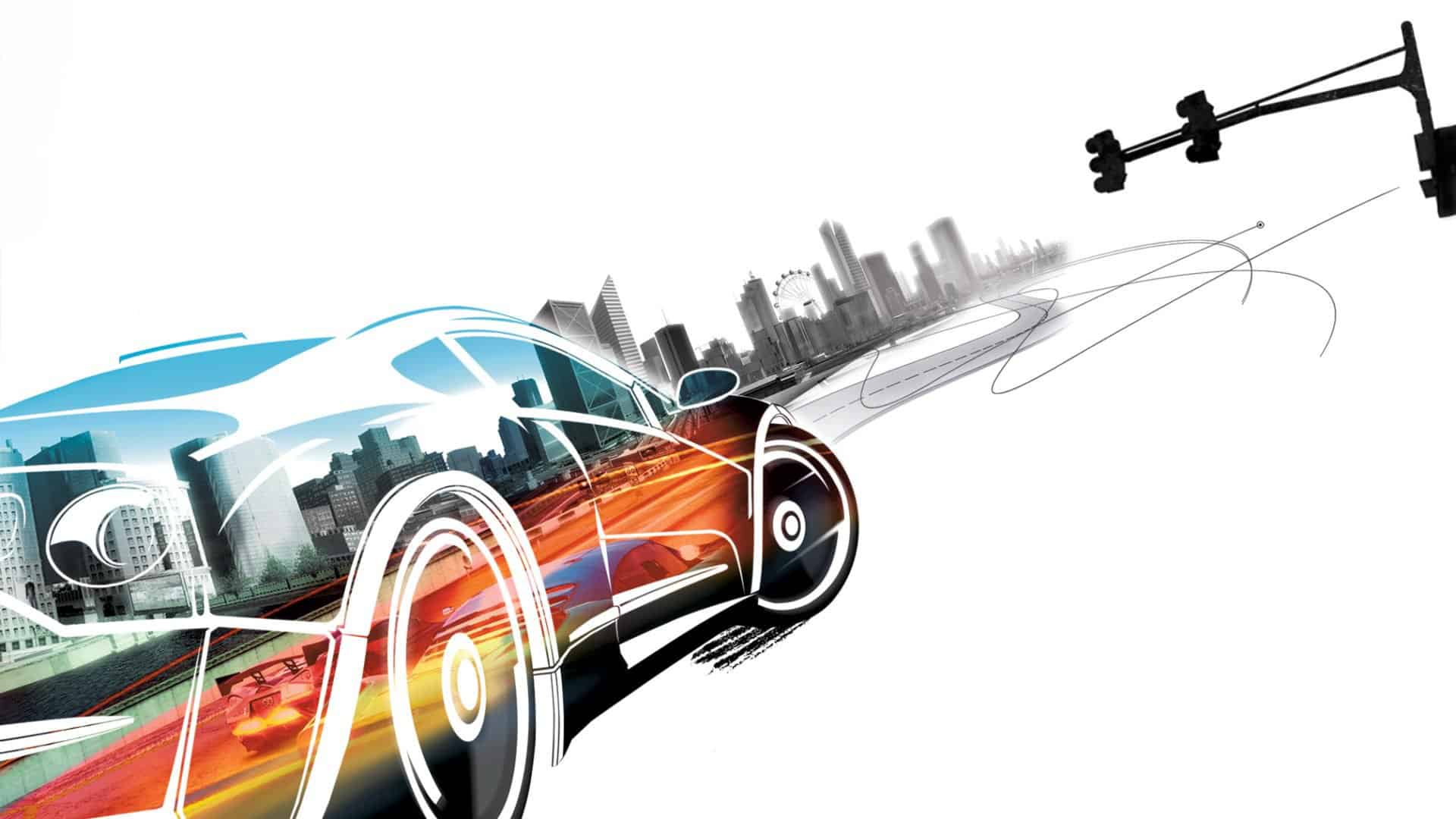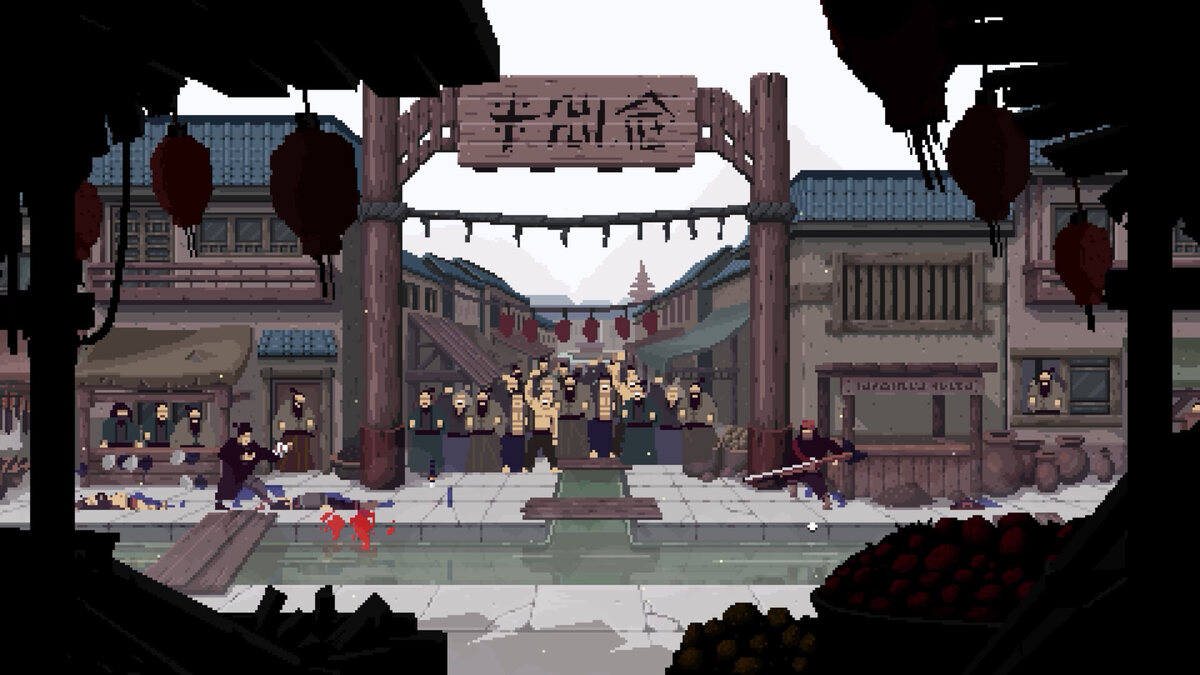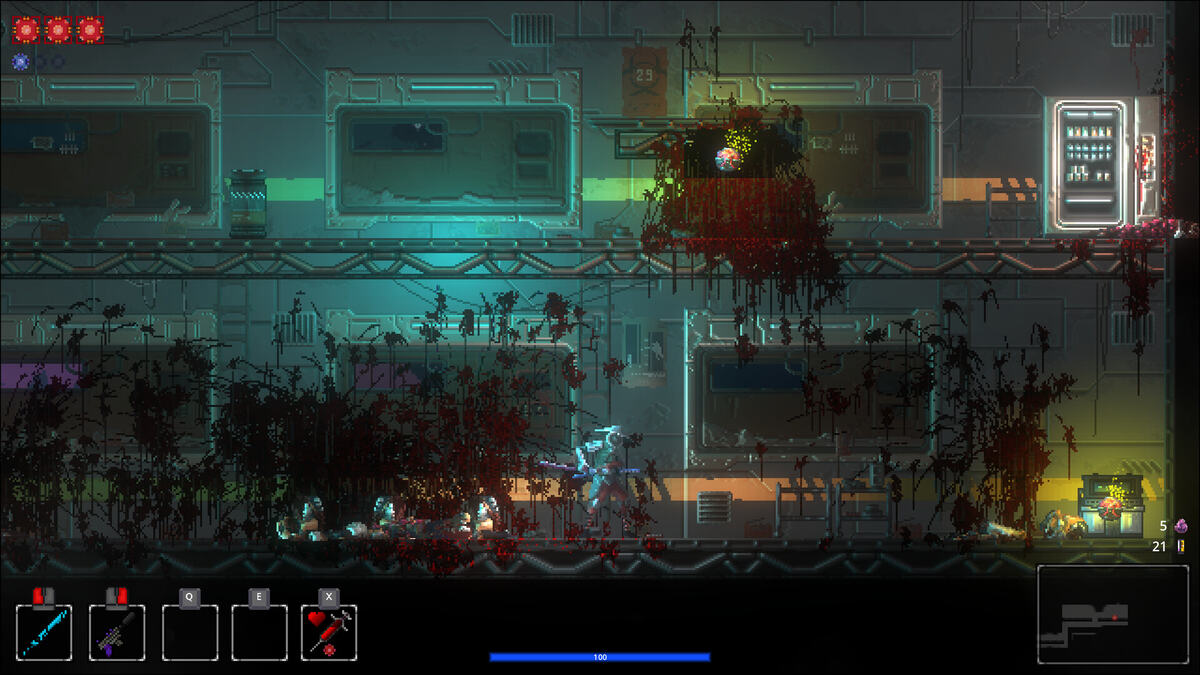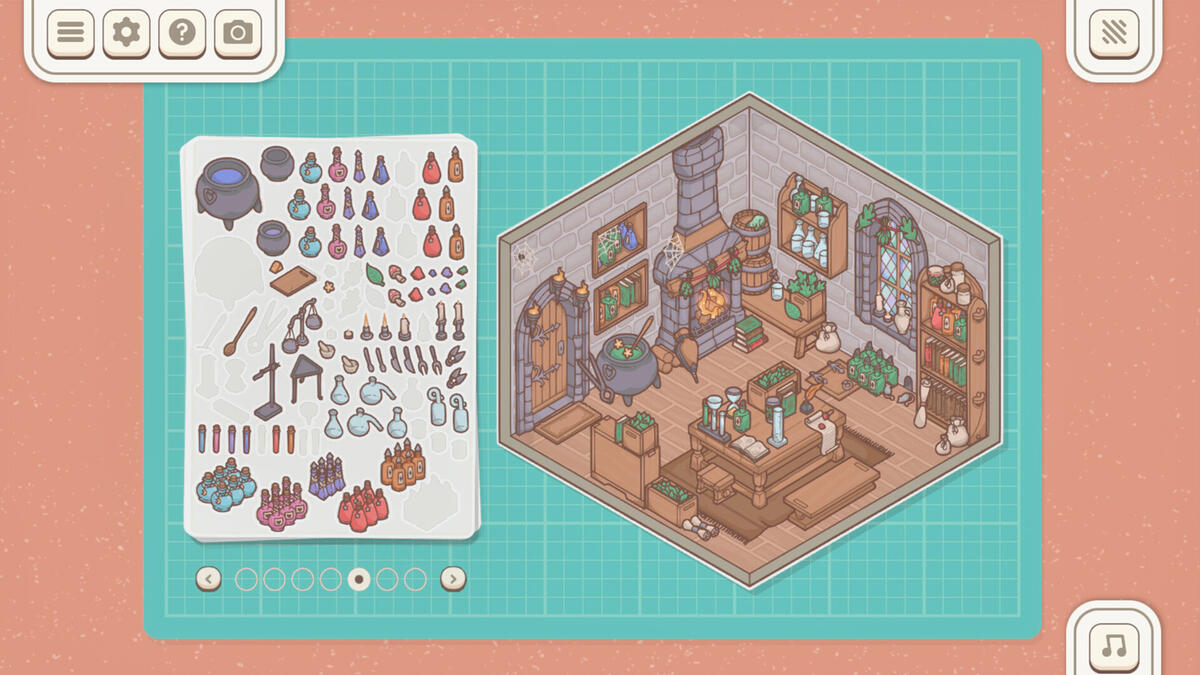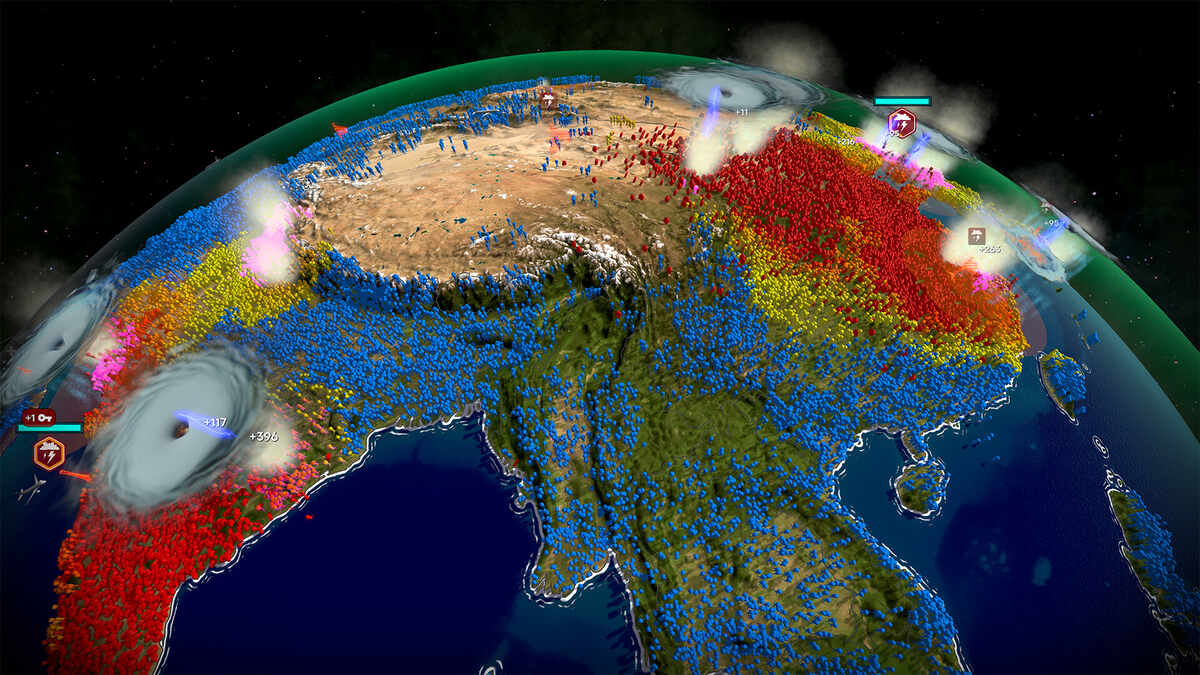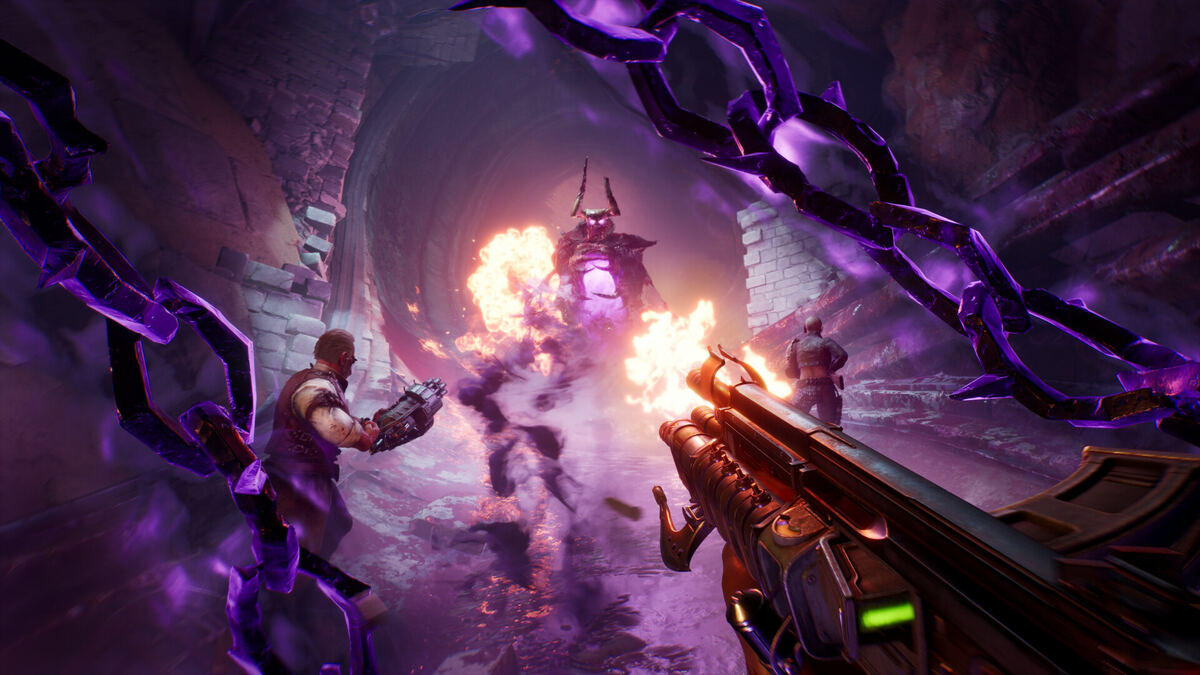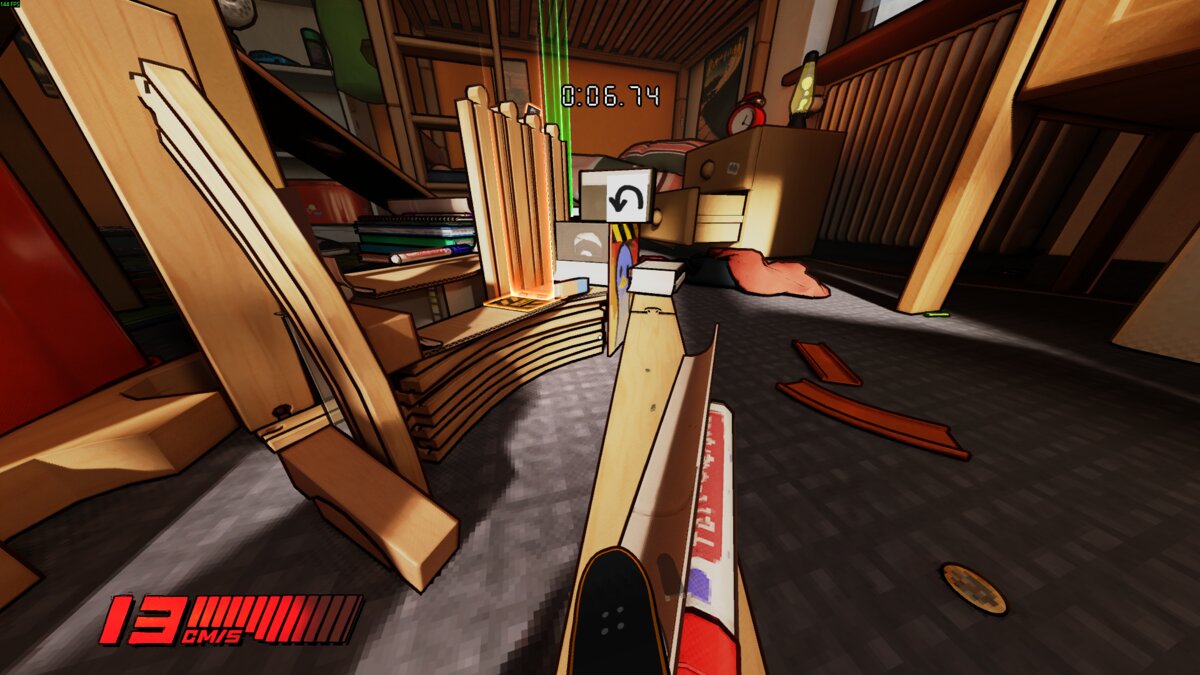You can trust VideoGamer. Our team of gaming experts spend hours testing and reviewing the latest games, to ensure you're reading the most comprehensive guide possible. Rest assured, all imagery and advice is unique and original. Check out how we test and review games here
At EA’s Guildford office on a bleak and drizzly winter’s day, I sat down with Nick Channon, Executive producer on Burnout: Paradise; an open world driving game set in a rather more glamorous location than the town that played host to our interview. With the other big EA driving series letting the side down this year, I was eager to find out what Paradise had to offer.
VideoGamer.com: Of all the genres with increasingly less space to innovate, driving games perhaps suffer worst of all. Was that a struggle for you with Burnout: Paradise?
Nick Channon: Well, I think that Burnout has always stood out as slightly different anyway. We obviously went with a take on a really fun arcade racer, and that’s allowed us to put in takedowns and have crashing. Burnout’s not a simulation and doesn’t take itself massively seriously, but it’s all about very intense action at 200 miles-an-hour. I think that freedom where it’s not a sim has given us a little more freedom and a little more play.
VideoGamer.com: And it’s that freedom of creativity that’s defined the evolution of Burnout?
NC: Yes. We’ve always built upon that. This time we wanted to fill the world up with so many things to do that were what burnout’s all about, so speed, drifting, jumps, weaving in and out of traffic. So fundamentally it’s got to be Burnout. They’re the things that Burnout is, so it’s just been about building the world out from that.
VideoGamer.com: Despite the struggle for innovation, it’s actually been a good year for fresh feeling driving games, from PGR4 to Excite Truck via Sega Rally. How would you say Burnout actually distinguishes itself as the other greats have done?
NC: I think for us it was about truly starting again and making what we felt was a next-gen experience. So that was making it look amazing, at 60 FPS. Burnout’s always been at 60 FPS. It always has been and has to be. We’re the first open world game to do that at the moment on the next-gen platforms. So, to sum up: it’s driving without a care. It’s driving at 200 mph weaving in and out of the traffic. It’s about doing things you couldn’t do in the real world and we just take it that bit further.
VideoGamer.com: You’ve mentioned before that you’ve started completely from scratch with this Burnout. How have you managed to keep the feeling of what makes and defines Burnout alive if it’s been totally rebuilt?
NC: The most important thing was that we got the core right, so we started from scratch, but it has to feel like Burnout. So that was our primary objective from the beginning: ‘does this feel like the previous games, and how do we make it feel a little bit better?’
VideoGamer.com: You mentioned early that you’re not afraid of championing the PlayStation 3, and that the platform is your lead format. Why is that?
NC: At Criterion we’ve always lead our development on the Sony platforms. We feel very at home on them, we a big fan, we think the Sony machines have always been great. We love PS3. We really like 360 as well but we made a conscious decision to lead on PS3 and that’s given us a great 360 title as well. We’ve always led on the Sony platforms and we didn’t feel that this generation should be any different, and I think we’ve reaped the benefits from doing that.
VideoGamer.com: So you feel starting work on a PlayStation 3 gave you a great 360 game. Would that not work the other way?
NC: I think you’ve seen that maybe. That the transition has meant people aren’t always as able to deliver to the same standard, but we certainly have. So from our point of view, we’ve had no issues with dealing with either machine; that’s what I mean by that. It seems that some games haven’t always transitioned between the two well. From our perspective leading on PlayStation 3 has meant Xbox 360 has given us a great product.
VideoGamer.com: It seems important to the development team that there’s no front end and almost no hint of a menu screen, apart from the pause screen. Why did you want to make a game without such an interface?
NC: It was really important to us that we created a game for next-gen machines, and to try and do things that hadn’t been done before, because that’s what next-gen is all about. You just couldn’t do all that – no loading, no front end – on a last-gen machine. So, how can we innovate, without being gimmicky, to create truly next-gen? To us, taking away the ‘up, down, left, right’ of a menu was fundamental to that, to never being taken out of the game world. Open world means never being taken out of it and having the choice to do whatever you want.
VideoGamer.com: The graphics are surprisingly nice, but while there’s a touch of photorealism they are also delicately stylised. What kind of thing have you tried to achieve with the visuals?
NC: One of the important things is in the lighting, and the way it sets the mood. You’ll notice when you play it the lighting dynamically changes, to set a tone. Lighting also has a big effect on the sensation of speed. Also, if you go too real, it can be quite dull, so it’s important to have a lot of contrast in the game as well. It’s just about having it slightly stylised because that’s what Burnout is.
VideoGamer.com: Finally, there is a focus on playing with friends you know in Paradise’s online elements. Why is that?
NC: It’s just us playing in the office. Obviously we’re lucky in the fact that we’re all gamers here, and the most fun we have is when we’re playing with friends, because of the banter. It’s just not as much fun playing with people you don’t know. So that was the inspiration. It’s so daunting going in and playing these amazing players online, and just getting beaten; it just isn’t much fun. Burnout’s always been seen as a very accessible game, and if we’re going to get more people playing online, which we’d like to, the way to do that is to get them playing with the people they know.
VideoGamer.com: Thanks for your time Nick.
Burnout Paradise
- Platform(s): Nintendo Switch, PC, PlayStation 3, PlayStation 4, Xbox 360, Xbox One
- Genre(s): Arcade, Racing
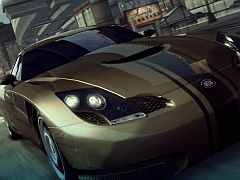
/https://oimg.videogamer.com/images/5e34/burnout_5_41.jpg)
/https://oimg.videogamer.com/images/937c/burnout_5_39.jpg)
